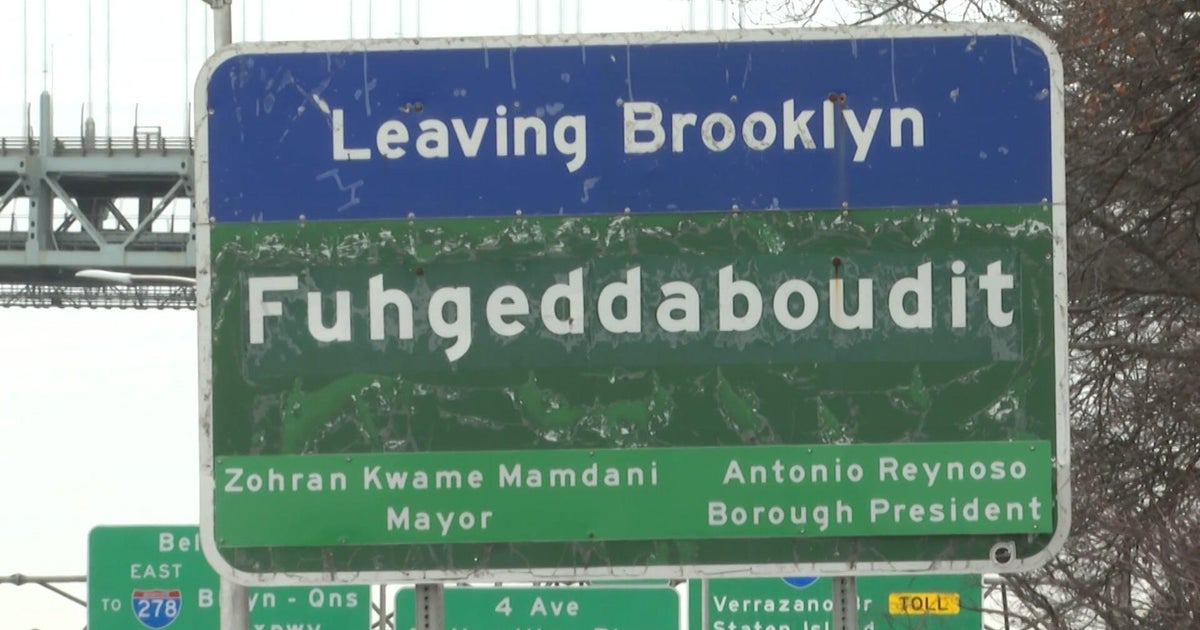Extensive Screening Process For Syrian Refugees Coming To U.S.
PHILADELPHIA (CBS) -- Fear over the US' acceptance of more Syrian refugees has sparked protests and debates across the country. In Pennsylvania, Governor Tom Wolf has said the Commonwealth will continue to welcome them after an extensive screening process.
"It's really a long process," says Sheila Mastropietro, who runs the Lancaster office of Church World Services. The group resettles hundreds of refugees in Pennsylvania each year and is working to resettle two Syrian families now. When asked to summarize the process, it took Mastropietro more than five minutes to list the steps in the US refugee vetting process.
"It's a lot," she says, "there are no shortcuts."
The process begins with a review by the United Nations High Commissioner for Refugees, which determines whether the applicant is in fact a refugee, that is someone outside of their country who cannot return because of they have been persecuted or have a well-founded fear of persecution. Mastropietro says if there is even the slightest red flag, an applicant is denied.
"Roughly 50% of those who apply, do not make it," she says.
On Monday, the White House held a press call with former secretary of state Madeline Albright and Deputy Secretary of Homeland Security Alejandro Mayorkas. Mayorkas laid out the process, which includes finger printing, photographs, security checks, and screenings that involved government and non-governmental agencies. He says only the most vulnerable refugees are referred to the US.
"Victims of torture, single females or those with family ties in the United States," he said on the call.
US screenings include the FBI, Department of Defense, Homeland Security and other agencies. There's an in-person interview, data and background screenings and much more. The agencies check on underlying facts of persecution, family ties, former work and connections and more. All of this must occur and be approved before the applicant even touches US soil. And once they are in the US, they must go through must register with Homeland Security.
"It's the most intensive security screening of any immigrant seeking admission to our nation," said Mayorkas.
Syrian refugees must go through an additional enhanced security check. All checks are reviewed by supervisors and all outstanding issues are resolved. The process takes an average of 18-24 months. The the refugee must do a medical screening. When they are ready to come to the US there is another check. Once they get to the US, another check. If any flags are raised at any point, they will be denied.
"This is a most comprehensive, multi-layered and exhaustive process," says Mayorkas.
Mastropietro says she's seen the process take more than three years for some refugees.
"It would mean you would have had to start pretending to be a refugee three years before you start the process," she says, "there are much easier ways to enter into the US than going through the refugee process."
Mastropietro says there are no guarantees, but notes that a foreign passport or illegal entry through an open border would be an easier way of entering into the US. In addition, she says, people have to realize, many refugees have no choice-- their homes have been bombed, family killed or were subject to other atrocities, so in addition to the process, they must deal with reality.
"Many of these Syrian have already suffered by the hands of ISIS," says Mastropietro, "we all share the fear of violence and hatred--- these families are just like us."
For more go to: http://www.cwsglobal.org/
Department of State: http://www.state.gov/r/pa/prs/ps/2015/11/249613.htm







